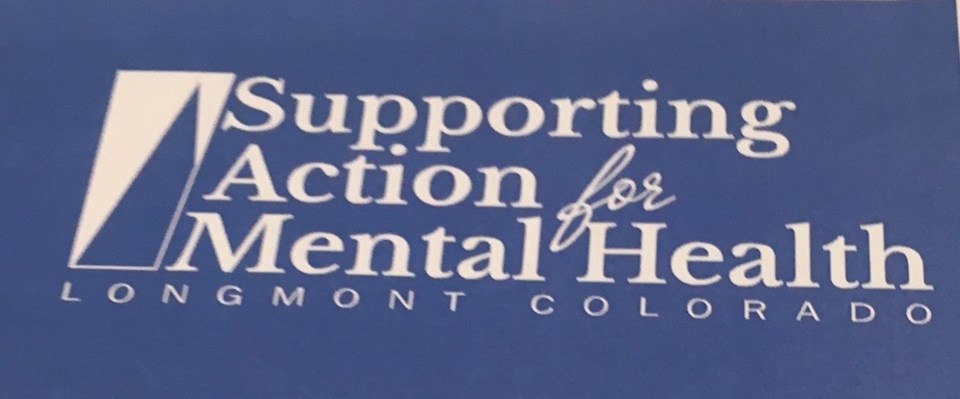A mental health program spawned by tragedy and committed to training thousands of Longmonters in suicide prevention halted services Tuesday because of funding woes caused by the COVID-19 outbreak.
Financial support for Supporting Action for Mental Health — also known as SAM — has dried up just as the organization embarked on an effort to tap community groups and businesses to help fight suicide, said SAM project coordinator John Kellow.
Funding for Kellow’s 30-hour a week salary and most of SAM’s programs disappeared after the money pipeline from the city of Longmont ended. Some of the volunteers who have fueled the organization’s free seminars and lectures aimed at dealing with suicide have vowed to apply for grants and other funding to keep SAM rolling, Kellow said.
Longmont applied for a grant to provide funding through 2020, but officials were recently told no funding is available, said Karen Roney, Longmont’s Community Services director. Roney said the city is working on a transition plan to be unveiled next week.
As of now, operations at SAM have been suspended, she said.
“We remain committed to the community-based work of SAM and will continue to look for ways to support this work in the future,” Roney said.
Kellow said, “It would be great to get to a point where we didn’t have to worry about money but just work with dealing with suicide and mental health. But that’s the way it is these days.”
The idea of being a “backbone” agency for a collective impact model makes sense because it would make SAM less dependent on traditional funding sources, he said.
Under such a model, SAM would bring together nonprofits throughout the community to tackle mental health care even though mental health might not be their primary focus, Kellow said. A hospital, for instance, could invest in SAM to help solve mental health issues without taking on the problem by itself.
But the massive economic impact of COVID-19 has drained nonprofits financially to the point where most are treading water and can’t throw a lifeline to SAM, he said.
“It’s hard to ask these groups to give money when they are struggling right now,” Kellow said. “Most are now just in survival mode.”
Kellow credits Longmont officials, local nonprofits and a dedicated group of volunteers with starting SAM and keeping it going. “You really couldn’t ask for more support than what we got,” he said.
The idea for SAM emerged in 2015 after a murder-suicide and a fetal abduction occurred within 24 hours of each other.
The community meetings that followed revolved around several persistent issues in Longmont including the lack of awareness of available mental health resources, Kellow said. By May 2016, SAM took root and was tasked with offering community education, such as mental health first aid, and launching an anti-stigma campaign.
SAM, through the city of Longmont, got a $200,000 grant from the Colorado Health Foundation and began training events and presentations. The city also supplemented funding for SAM, Roney said.
After the Colorado Health Foundation grant ended in 2018, Longmont authorized term-limited funding in 2019 and through mid-year 2020 as the city pursued more sustainable funding sources based on the collective impact model, Roney said.
“SAM identified some promising opportunities, but those didn’t work out because of other funding challenges,” Roney said. “We then created a plan to solicit investments from several local stakeholders in early 2020. The pandemic did affect our plans to move that forward for obvious reasons.”
SAM has trained more than 3,000 residents in suicide prevention and mental health first aid in the last three years, and over 6,000 residents have come to SAM’s community conversations, classes and events, said Janaki Jane, a Lyons-area psychologist who volunteers for SAM.
“It’s sad because we need services like SAM now more than ever,” Jane said. “This cannot happen.”



